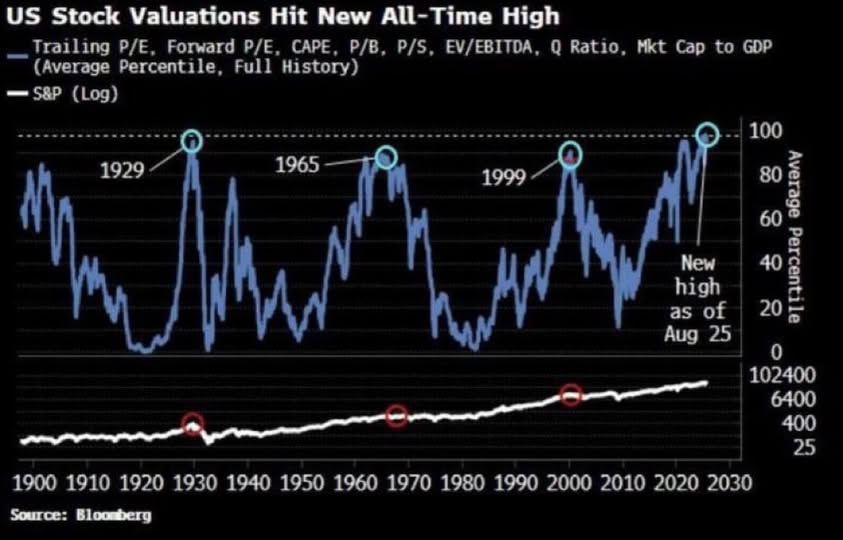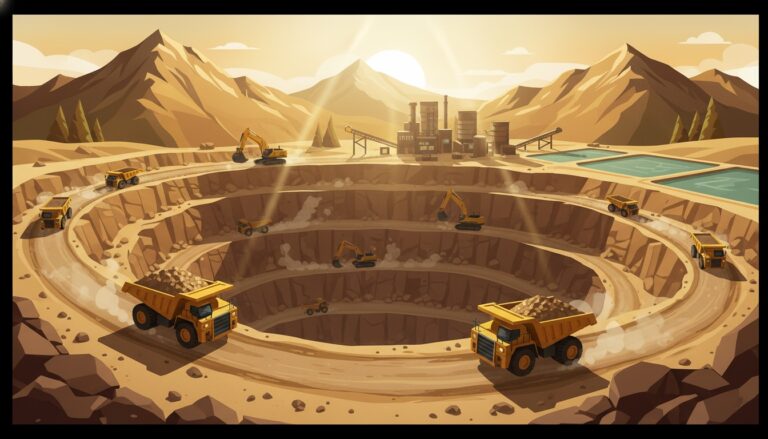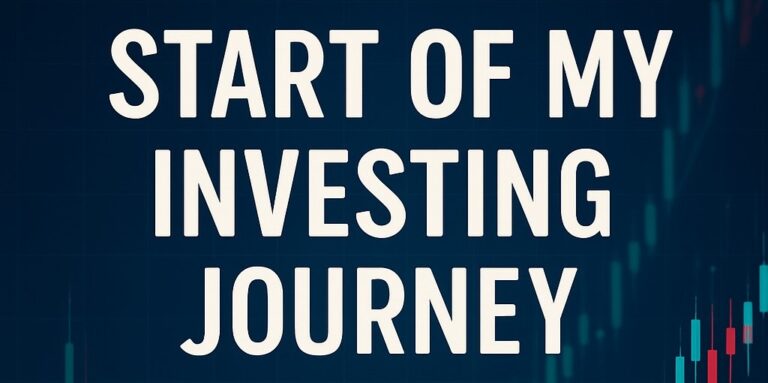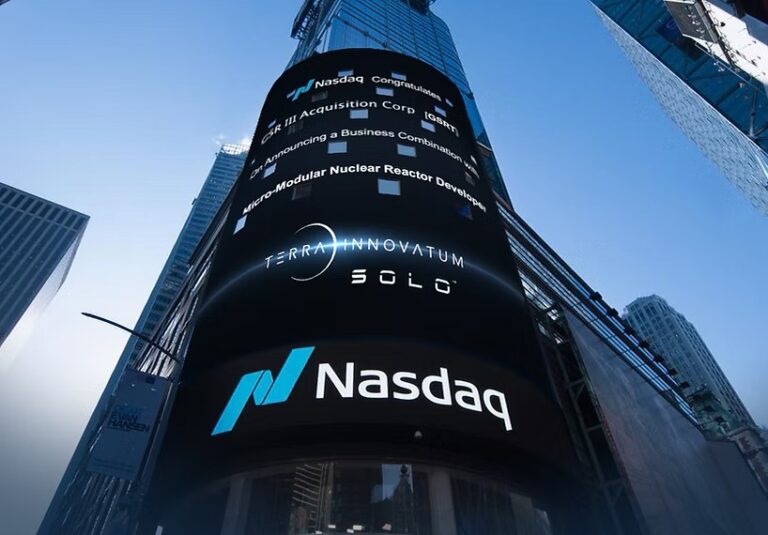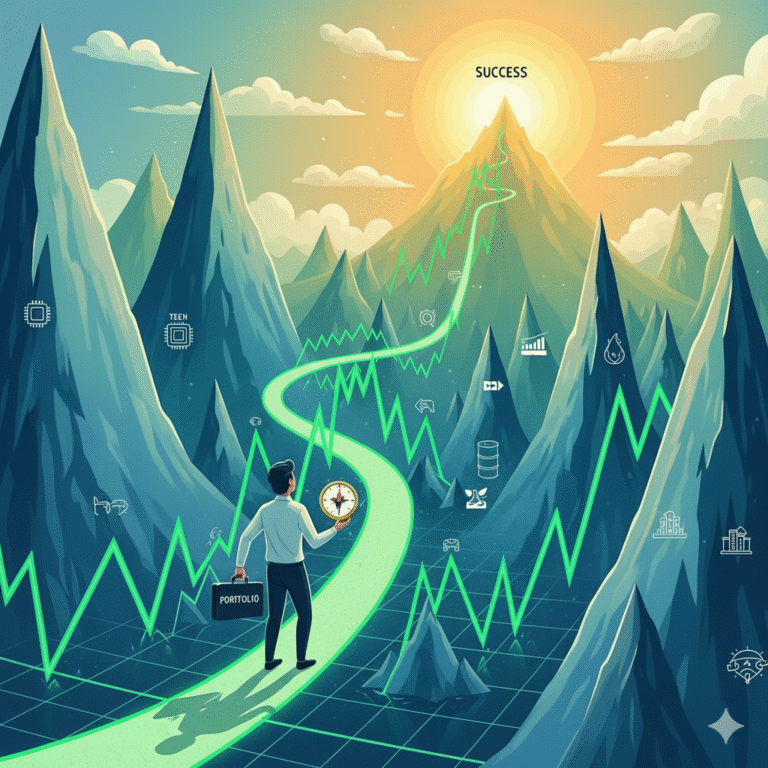US Stock Market: Historic Overvaluation or New Reality?
🚨 Context: Warning Signal or False Alarm?
According to Bloomberg, the US stock market has reached its most expensive valuation in history, surpassing the Dot-Com Bubble peak (2000) and levels before the Great Depression (1929).
Buffett Indicator (Market Cap / GDP):
- Now: 215%+
- Dot-Com peak (2000): 175%
- Historical norm: 100-130%
Warren Buffett called investing in such environment “playing with fire”.
But is it really that straightforward?
⚖️ THE DEBATE: Two Opposing Views
🔴 VIEW 1: “Market is Dangerously Overvalued”
📊 Historical Parallels:
Every time Buffett Indicator > 200%, it ended with corrections:
| Period | Buffett Indicator | What Happened |
|---|---|---|
| 1929 | ~140% | Crash -89% |
| 2000 | 175% | NASDAQ -78% |
| 2008 | ~135% | S&P 500 -57% |
| 2025 | 215% | ? |
⚠️ Other Warning Metrics:
- Shiller P/E (CAPE): ~35 (norm 16-17)
- Forward P/E: ~22 (norm ~15)
- Price-to-Sales: all-time highs
- Narrow leadership: 7 tech companies carrying entire market
💭 Arguments:
❌ “This time is different” – most dangerous words in investing
- There are always “logical” explanations why “now is different”
- 1990s: “Internet will change everything!” (yes, but prices were absurd)
- 2020s: “AI will change everything!” (yes, but…)
❌ AI hype may be overblown
- Real revolution, but results will come in years
- Currently paying for future profits of 2030-2035
- Risk of disappointment if AI doesn’t deliver quickly
❌ Risks are ignored:
- Geopolitics (conflicts, tariffs)
- Possible recession
- High interest rates
- “Black swans”
🎯 Skeptics’ Conclusion:
“History shows: extreme valuations always correct. Maybe not -80%, but -30-50% is quite realistic. Time to be cautious.”
🟢 VIEW 2: “This Time Is Actually Different”
🚀 Structural Changes That Didn’t Exist Before:
1️⃣ Democratization of Investing
2000 vs 2025:
- Commissions: $50-100 → $0
- Minimum: $10,000 → $1
- Access: broker phone call → mobile app
Result:
- 2000: ~52M Americans invested
- 2025: 150+ million people
- 3X more capital flowing into market!
2️⃣ Pension Funds = $1+ trillion annual demand
401(k) and IRAs:
- Assets: $20+ trillion
- Automatic contributions: $500+ billion annually
- Buybacks: $800+ billion annually
Structural demand of $1.3+ trillion/year regardless of valuations!
During 2000/2008 panic: everyone sold. Now: pension funds keep buying every month.
3️⃣ AI – REAL revolution, not hype
Critical Difference from Dot-Com:
| Dot-Com (2000) | AI Boom (2025) |
|---|---|
| Pets.com: $0 profit | NVIDIA: $60+ billion profit |
| Webvan: only losses | Microsoft AI: real sales |
| “Maybe in the future” | Working NOW |
| P/E = ∞ | P/E = 20-50 (high but not absurd) |
AI Investments (2024):
- $350+ billion annually
- Dot-Com peak: ~$50 billion
- 7X MORE!
4️⃣ Companies Earn SIGNIFICANTLY More
S&P 500 Net Profit Margins:
- 1990s: ~5-6%
- 2000: ~7%
- 2024: ~12-13% (almost DOUBLE!)
Tech giants = Cash machines:
- Apple cash flow: $100+ billion/year
- Microsoft: $80+ billion/year
- NVIDIA: $40+ billion net profit
- Total: $400+ billion in cash
In 2000, most companies burned money, didn’t earn it.
5️⃣ Globalization and Scale
S&P 500 companies:
- ~50% revenue OUTSIDE USA
- Market: 5+ billion smartphones vs 500M in 2000
- iPhone sold in 175 countries simultaneously
Companies earn on ENTIRE planet, not just USA!
6️⃣ Fed Has Learned
2008-2024: New Tools:
- Quick reaction (COVID: within weeks)
- Quantitative Easing
- Forward Guidance
- Ready to intervene instantly
Result: Lower probability of catastrophic -80% crash.
🎯 Optimists’ Conclusion:
“Valuations are high but fundamentally justified. AI revolution is real, companies generate record profits, structural demand is massive. May correct -20%, but not crash.”
💭 MY BALANCED OPINION
🤔 Both Sides Are Right:
✅ Truth from skeptics:
- Historically high valuations – fact
- “This time is different” always dangerous
- Risks ignored by market
- Correction will come sooner or later
✅ Truth from optimists:
- Structural changes truly massive
- AI – not hype, but reality
- Company quality much better
- Real profits, not fantasies
🎯 Most Likely Scenario:
Not catastrophe, but not endless growth either.
I expect:
- High volatility next 2-3 years
- Possible correction -20-30%, but not -80% crash
- Slower growth while valuations “normalize”
- AI will deliver, but needs time (3-5 years)
📝 WHAT SHOULD INVESTORS DO?
❌ DON’T:
- ❌ Panic and sell everything
- ❌ Completely ignore risks
- ❌ All-in on tech at peaks
- ❌ Leverage and margin trading
✅ Smart Strategy:
1. Diversification
- Not only tech
- Different sectors, regions
- Add defensive stocks
2. Hold cash (15-30%)
- Dry powder for opportunities
- Psychological comfort
3. Quality > hype
- Focus on profitable companies
- Reasonable P/E (<30-40)
- Strong balance sheets
4. Dollar Cost Averaging
- Don’t enter with large sums now
- Distribute investments over time
- Automatic monthly contributions
5. Stop-losses and protection
- Protect unrealized profits
- Trailing stops on growth positions
- Portfolio rebalancing
6. Long-term horizon
- If investing for 10+ years – don’t panic
- Corrections are part of the game
- Historically market always recovered
🎓 LESSONS FROM HISTORY
Warren Buffett: “Be greedy when others are fearful, and fearful when others are greedy”
Others are very greedy now. But this doesn’t mean sell everything.
It means be more cautious:
- Risk less
- Analyze more
- Prepare for volatility
- Keep reserves
🤝 OPEN QUESTION TO AUDIENCE
What do you think?
🔴 Market dangerously overvalued → time to reduce positions?
🟢 “This time is different” → AI will justify high valuations?
🟡 Balanced approach → cautious optimism with protection?
Share your thoughts in comments! 💬
Sources: Bloomberg, Buffett Indicator, S&P 500 historical data, Federal Reserve data
This is not financial advice. Always do your own research and consult with financial professionals.
Tags:
#StockMarket #Investing #AI #BuffettIndicator #MarketValuation #TechStocks #InvestingStrategy #RiskManagement #FinancialMarkets #LongTermInvesting #MarketCrash #DotComBubble #WarrenBuffett #SPX #NASDAQ
Read in Ukrainian: “Американський ринок: Історична переоцінка чи нова реальність?“.

